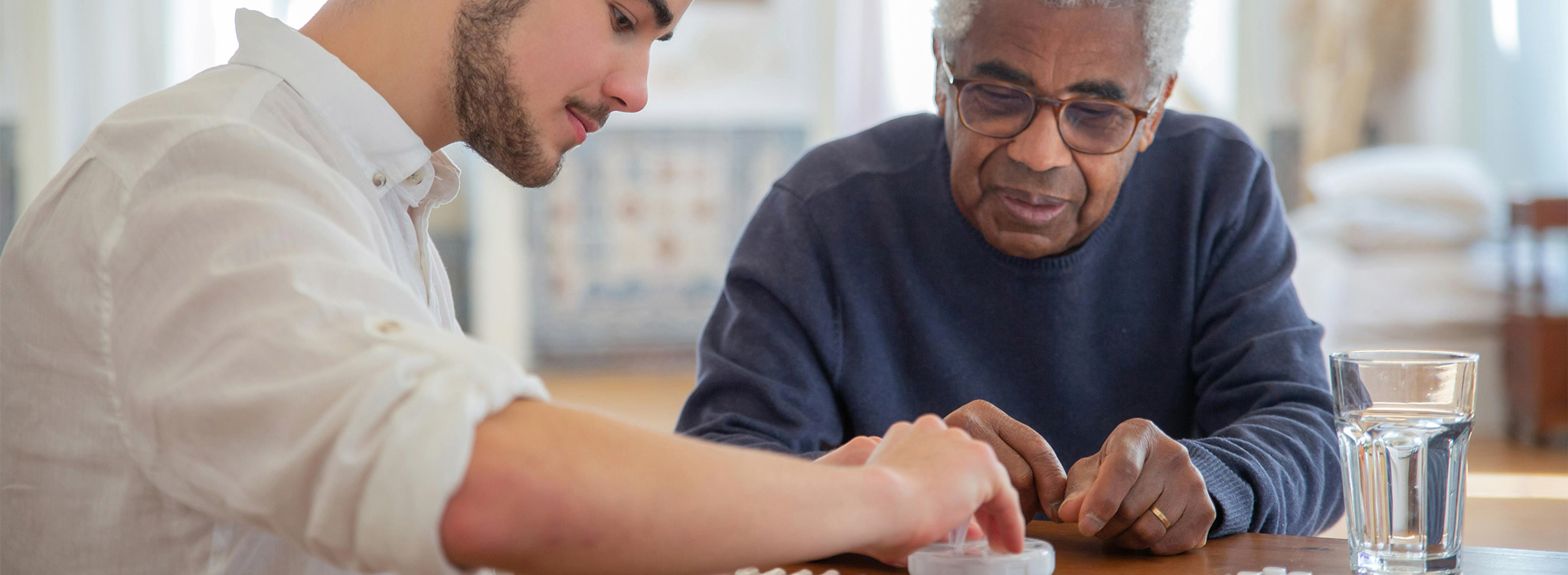Patient Care Technicians in Assisting with Activities of Daily Living (ADLs)
Patient Care Technicians (PCTs) are a cornerstone of support in healthcare settings, especially for residents who have limited mobility or health conditions that make it difficult to perform daily tasks independently. Assisting with Activities of Daily Living (ADLs) is one of the most critical roles PCTs play. These essential tasks include bathing, dressing, grooming, and feeding. This blog will delve into the various ways PCTs assist with ADLs and the significant impact this support has on residents’ well-being and quality of life.
Assisting with Bathing
Bathing is a fundamental aspect of personal hygiene and well-being. For residents with limited mobility or other health conditions, bathing can be a challenging and sometimes dangerous task. PCTs play a crucial role in ensuring residents maintain good hygiene by:
- Providing Physical Support: PCTs assist residents in and out of the bathtub or shower, ensuring their safety and comfort. They use equipment such as shower chairs and grab bars to prevent falls.
- Maintaining Dignity: Bathing is a private activity, and PCTs are trained to respect residents’ dignity by providing as much privacy as possible while assisting with the task.
- Monitoring Skin Health: During bathing, PCTs check for signs of skin issues such as pressure sores, rashes, or infections. Early detection and reporting of these issues are critical for timely medical intervention.
Assisting with Dressing
Getting dressed can be a difficult task for residents with physical limitations or cognitive impairments. PCTs assist with dressing by:
- Selecting Appropriate Clothing: PCTs help residents choose clothing that is suitable for the weather and easy to put on and take off. They consider residents’ preferences and comfort.
- Providing Physical Assistance: PCTs assist with putting on clothes, ensuring that residents are dressed properly and comfortably. This may involve helping with buttons, zippers, and shoes.
- Encouraging Independence: Whenever possible, PCTs encourage residents to participate in the dressing process to maintain their independence and motor skills.
Assisting with Grooming
Grooming is important for self-esteem and social interactions. PCTs help residents with grooming tasks such as hair care, shaving, and nail care by:
- Providing the Necessary Tools: PCTs supply and handle grooming tools, such as combs, brushes, razors, and nail clippers, ensuring they are clean and safe to use.
- Assisting with Tasks: PCTs help residents with brushing their hair, shaving, and trimming their nails. They ensure that these tasks are done safely to prevent injuries.
- Maintaining Personal Preferences: PCTs respect residents’ grooming preferences, ensuring they look and feel their best, which can significantly boost their confidence and mood.
Assisting with Feeding
For residents who have difficulty feeding themselves, PCTs provide critical assistance to ensure they receive adequate nutrition. This involves:
- Preparing Meals: PCTs assist in preparing and serving meals that meet the dietary needs and preferences of residents. They ensure that the food is appetizing and appropriately portioned.
- Providing Physical Assistance: PCTs help residents with feeding by cutting food into manageable pieces, holding utensils, or feeding them directly if necessary.
- Monitoring Intake: PCTs keep track of residents’ food and fluid intake, ensuring they receive proper nutrition and hydration. They report any changes in appetite or eating habits to the healthcare team.
The Importance of Assisting with ADLs
Assisting with ADLs is not just about helping residents with physical tasks; it is about enhancing their quality of life. The support provided by PCTs has several important benefits:
- Promoting Independence: By assisting with ADLs, PCTs help residents maintain as much independence as possible. This support encourages residents to engage in daily activities to the best of their abilities.
- Ensuring Safety: PCTs play a crucial role in preventing accidents and injuries by providing the necessary physical support and ensuring a safe environment.
- Enhancing Well-Being: Assisting with ADLs helps residents maintain good hygiene, proper nutrition, and a positive self-image, all of which are essential for overall well-being.
- Building Relationships: The daily interactions between PCTs and residents foster strong relationships built on trust and compassion, contributing to residents’ emotional and social well-being.
Patient Care Technicians play an invaluable role in assisting residents with Activities of Daily Living. Their support with tasks such as bathing, dressing, grooming, and feeding is essential for maintaining residents’ physical health, safety, and dignity. By providing compassionate care and fostering independence, PCTs significantly enhance the quality of life for residents with limited mobility or health conditions. If you are passionate about helping others and interested in a rewarding healthcare career, becoming a PCT offers the opportunity to make a meaningful difference in the lives of those in need.



